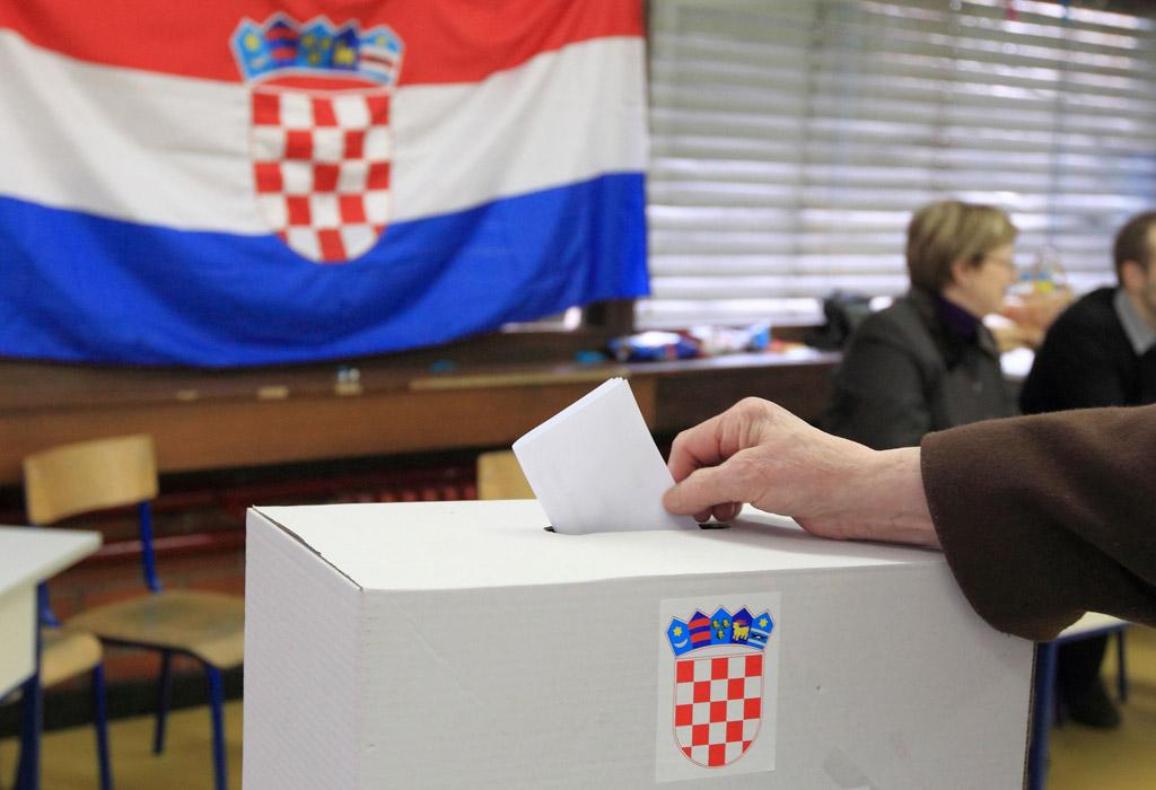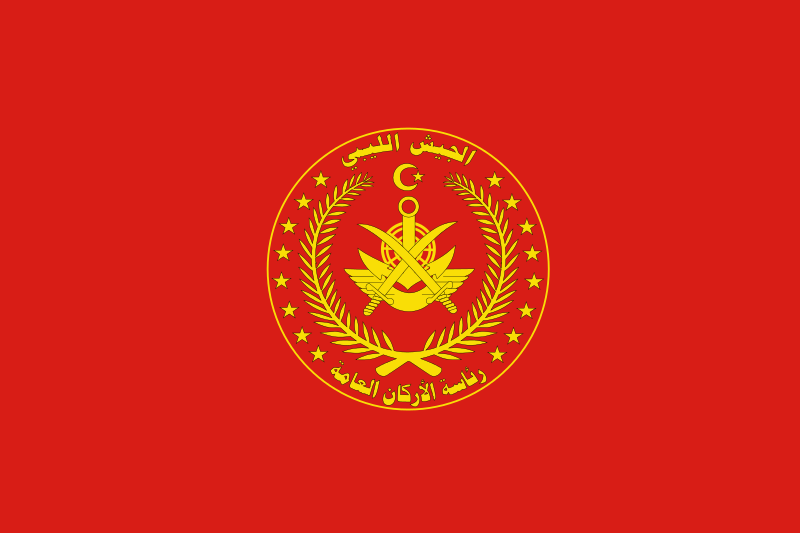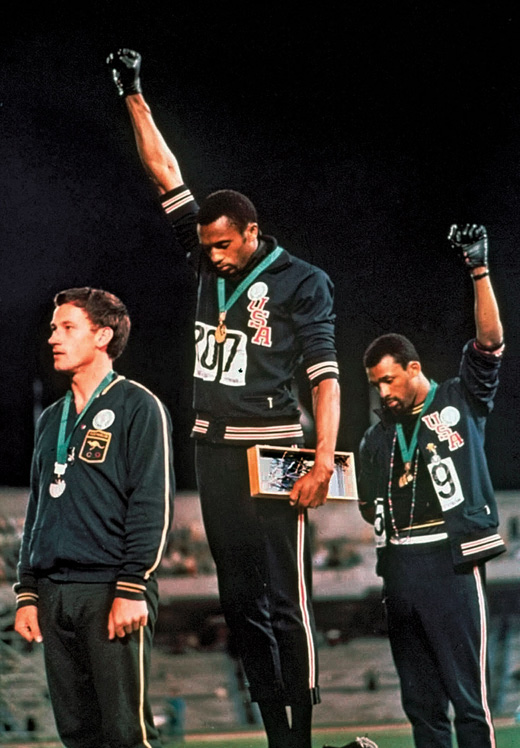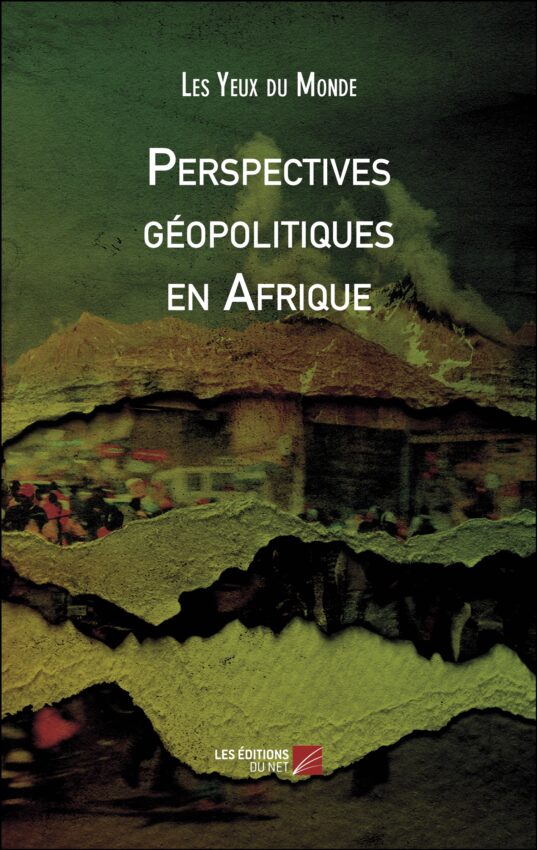The Weekly Recap – September 22nd to September 29th

French start strikes on ISIS, get one hostage killed.
As part of a global coalition finally put together to stop the atrocities carried out by ISIS in Syria and Iraq, France followed the US in launching airstrikes against various strategic facilities previously captured by the group’s militants, oil refineries for example. However, as a response, another Islamic group located in Algeria and that had formerly pledged allegiance to ISIS, Jund al-Khilafa, beheaded French tourist Hervé Gourdel a few days later. Beyond the emotion that erupted across France but also in Algeria, it is the role that Northern African countries should play in the global fight against terrorism that is the centre of the debate. Indeed, a vast network of fighters has been nesting there and, although they were previously affiliated to AQMI, the North African branch of Al Qaeda, they seem to be turning to the nowadays more active ISIS for a role model. There is no questioning that the international community should put an end to ISIS’s fantasy of recreating a Caliphate but more support from North African countries to put an end to their local branches would be most welcome.
Student protests for democracy in HongKong
As the central government of the People’s Republic of China tries to get a firmer grip on democracy-oriented Hong Kong, students have taken to the streets in order to protest against what they see as a dangerous violation of their city’s somewhat peculiar status. Indeed, as part of an electoral reform plan, China proposed that the Chief Executive, the top job in Hong Kong, be elected among candidates pre-selected by a nomination committee of the communist party. This poor piece of legislation gave birth to the Occupy Central movement led by pro-democracy activists who are mostly students. This comes as a very serious test for Beijing, which has failed time and again to align the laws of Hong Kong to those of the rest of mainland China. Riot police has been taken off the streets, which suggests that the central government is backing down from its proposal but let’s hope it is not in preparation of a new version of Tian’anmen’s protests ending in 1989.
End of FED tapering gives relief to policy makers in Europe as Dollar gains strengths against the Euro.
Last week has seen a reversal of a trend that had been going on since the worst days of the Eurozone crisis, namely that of the appreciation of the Euro against the Dollar. As fears over a political impasse to save the Euro subsided and the Federal Reserve prolonged its quantitative easing programme, the dollar had been weakened as investors started seeking higher returns abroad, in the still troubled yet relatively safe European Union. Today, the European Central Bank has changed its views on quantitative easing and is profusely engaging in this relief programme, in order to avoid a Japanese-style deflation in the Eurozone. At the same time, the FED’s own tapering is coming to an end, which has market anticipate a rise in US bond yields, thus driving the rest of the yield curve upwards. As a consequence, the Euro has reached its weakest point against the dollar since July 2010, which should come as a further relief to European policy makers, some of whom have yet to revive their economy through, perhaps, a renewed dynamism of exports.
Putin still not ready to give up on Ukraine
As Ukraine just ratified a trade pact with the EU, Valdimir Putin has, yet again, shown the extent to which he is not ready to let Ukraine slip from Russia’s sphere of influence. In a letter to Mr Barroso, he demanded that the integration process that Ukraine just initiated be halted so that Russian negotiators could be part of a rewriting of the pact. After having annexed Crimea and almost created an independent state in the Eastern part of Ukraine, Vladimir Putin is still trying to break the ties slowly but firmly being woven between Ukraine and the EU. Standing up to Russia should be a major concern for the incoming Juncker Commission and not giving into Russian pressure will be a tough job for all negotiators as Ukraine cannot be left to fend off Moscow by itself.




